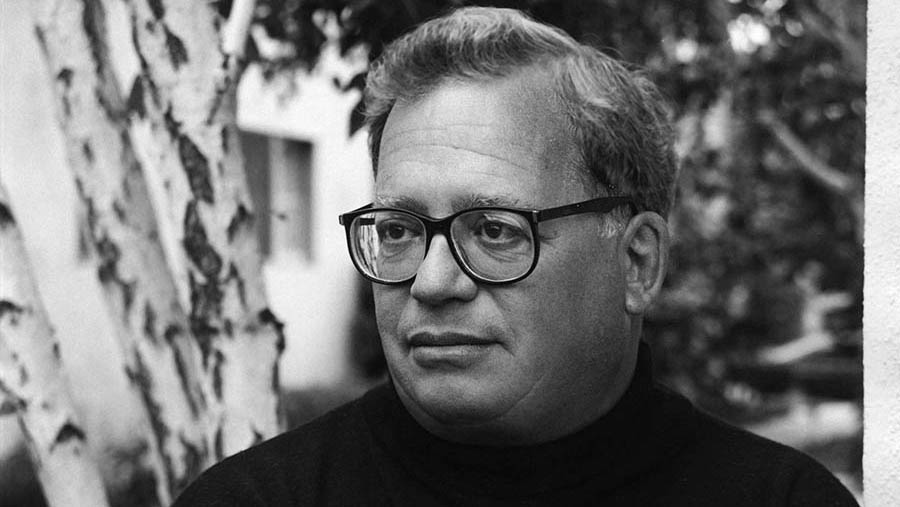In Memory of David Shepard

Last month, the world of silent-film history lost one of its most active proponents and preservationists, David Shepard. The first time I came across David’s name was in 2010, when we originally acquired the rights to release Charlie Chaplin’s feature films on home video and I began work as the producer of the editions. Kate Guyonvarch, managing director of the Chaplin Office, had included him on a list of experts she believed to be excellent sources for anything related to Chaplin’s films. When the rights to Chaplin’s silent short films fell into the public domain, companies like David Shepard’s Film Preservation Associates restored them for release in the home video marketplace. In the process, Shepard had done the necessary legwork to confirm that he had the right versions and was working with the best surviving elements. This often led him down a path to Chaplin’s features, and his efforts helped to generate new interest in the legacy of this silent-comedy legend.
When I reached out to David, he was incredibly accessible and always generous with the knowledge he had amassed over the years. If I e-mailed him, which I did on several occasions, asking about the physical condition of a specific reel or about a process Chaplin used many times called step-printing, in which frames in a silent film are repeated to bring the speed up to the sound-era standard of twenty-four frames a second, he would reply within minutes and with all the information I needed to address the questions at hand. His goal was to make sure these films had a life beyond the shelves of archives and were presented in as pristine and accurate a form as possible.
When working on our edition of Modern Times, the first of our Chaplin titles, I contacted him for access to his preservation master of the 1916 short The Rink, which Chaplin made for the Mutual Film Corporation, to include it as a supplemental program. In the course of our correspondence, I learned that he had conducted a video interview with David Raksin, Chaplin’s musical arranger for Modern Times, which we also included in that edition. For Limelight, I turned to him again for access to his preservation master of the Essanay short A Night in the Show and an excerpt from The Champion for use on City Lights.
Charlie Chaplin wasn’t David’s only area of expertise when it came to silent cinema. He also made great headway in preserving the films of King Vidor, Buster Keaton, Harold Lloyd, Georges Franju, Abel Gance, and F. W. Murnau. There are many people out there who worked with David longer and more closely than I did, or perhaps knew him as a film professor at USC and UCLA. But he made a lasting impression on me. We can only hope that David recorded all that he learned and had stored away in his brain about the nuances and anomalies of silent-cinema preservation. Anyone who works in this field knows that we depend on people like David Shepard to help us do right by these films.



